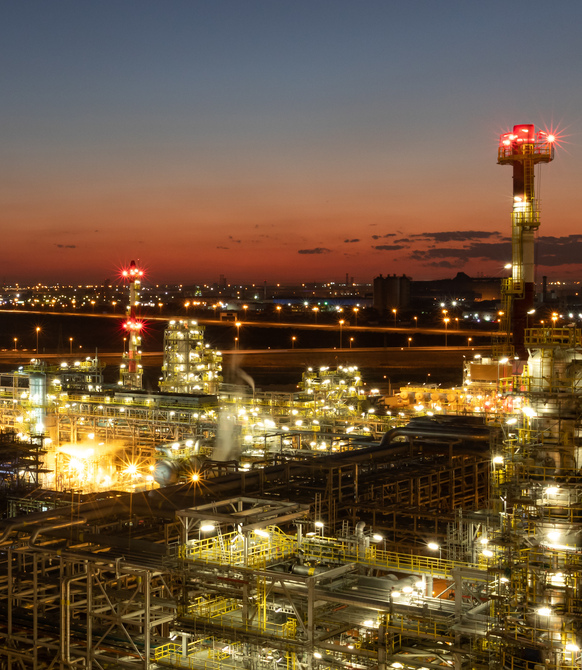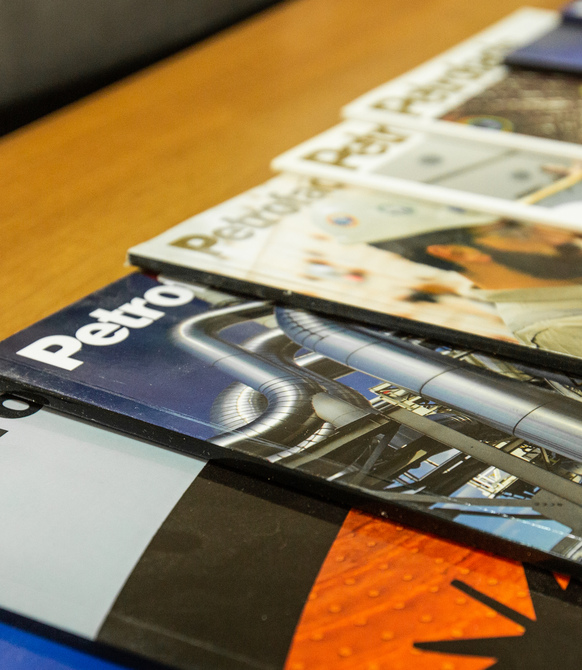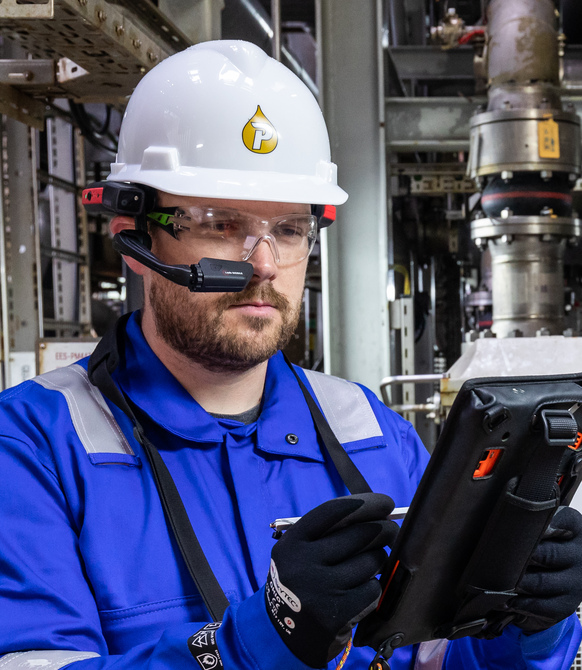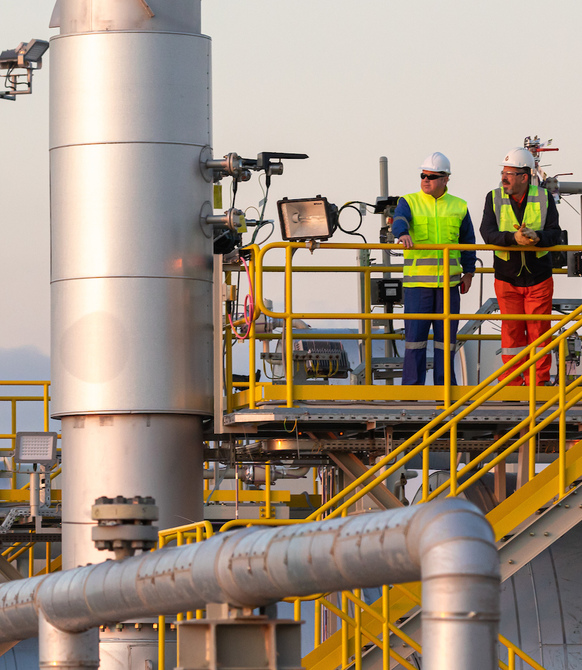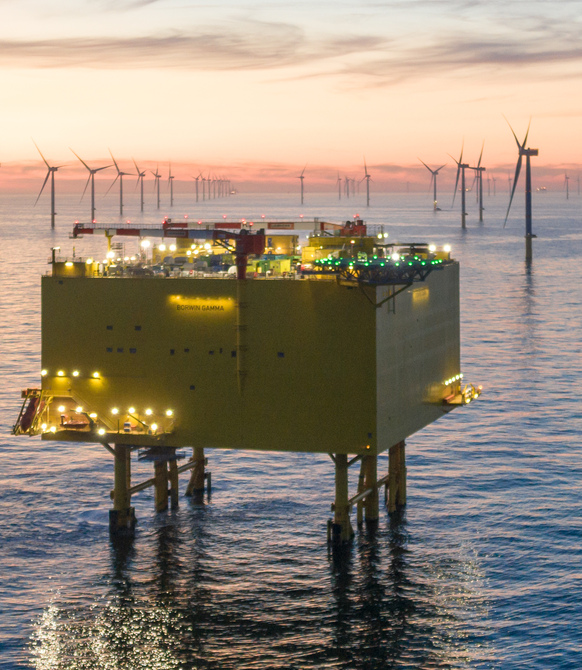24 March 2015
The Green Machine
A new deepwater installation vessel, the Petrofac JSD6000, has been designed to the most exacting environmental standards – whether existing, planned or potential.

Environmental considerations loom large in every facet of this remarkable vessel – from energy consumption, to operational performance, to waste management, to living quarters and working conditions. The ECO Rules of Lloyd’s Register, which set standards for design, construction and operation, and go well beyond all statutory requirements, were used as a baseline.
So, for example, this is the first vessel in the offshore industry to deploy a fuel recovery separator system, which separates re-usable fuel from waste fuel oil. It also uses highly efficient selective catalytic reduction systems, which reduce NOx emissions by up to 90%. And it has the latest generation of highly efficient ‘common rail’ engines.
Due to set sail in 2017, the Petrofac JSD6000 is setting the environmental benchmark for the offshore industry for decades to come.
Best design practices are being used to minimise the ecological footprint of the vessel. Example areas include:
- Minimal footprint: The vessel has on-board an array of equipment so it can operate autonomously: with no need for a flotilla of support vessels, costs are cut and environmental performance is lifted further.
- Working environment: Special care has been taken to ensure compliance with the most stringent environmental, health and safety standards to provide those working on the vessel with the best possible conditions.
- Pollution prevention: Going beyond regulatory frameworks, all aspects of the vessel are being designed to minimise pollution, including from dumping, oil and oily water spillage, sewage and garbage, and the prevention of toxic emissions to air.
- Energy efficiency: The vessel will be designed, constructed and serviced to maximise energy efficiency measures, such as lower fuel and power consumption, and to minimise its carbon footprint.
- Waste management: Waste generated on a ship includes food waste, and solids made of glass, paper, cardboard, aluminium and steel cans, plastics and scraps from operations. An extensive waste management programme has been designed to mitigate any hazards.


